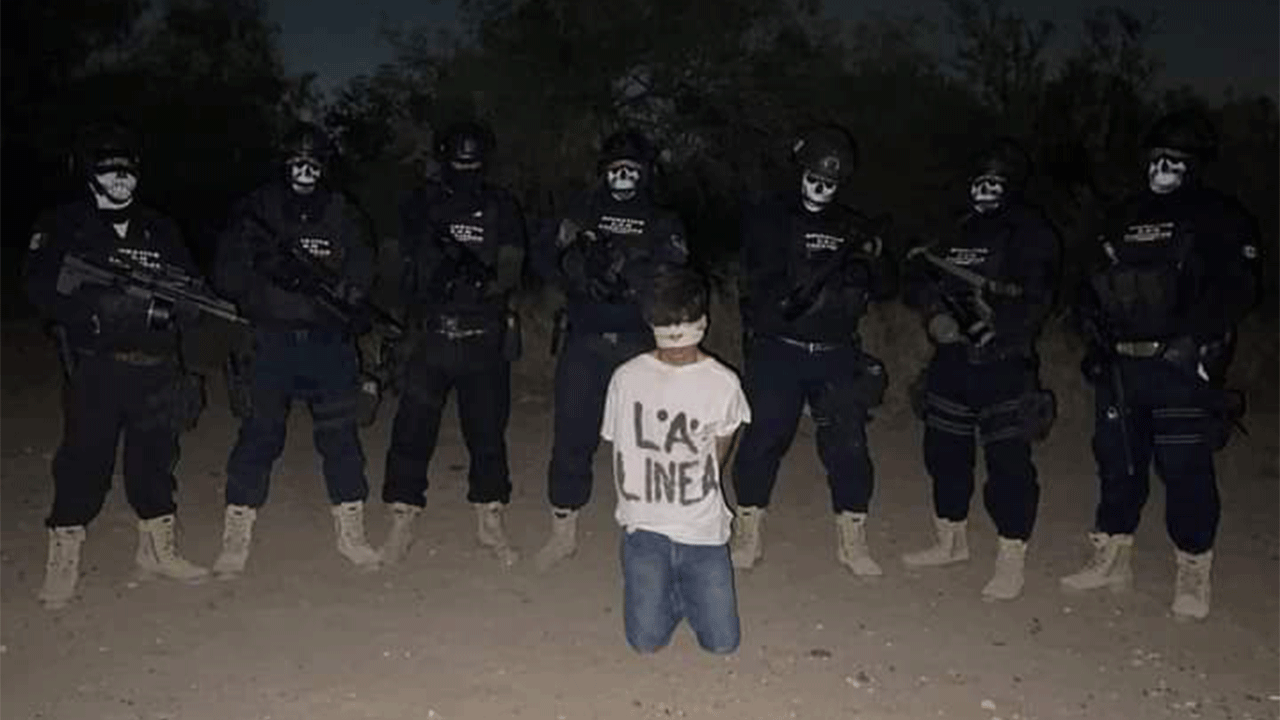No Me Pises Pa Videos Gore: A Deep Dive Into The Dark Side Of Online Content
No me pises pa videos gore is a phrase that resonates with many internet users, especially those who have stumbled upon the darker corners of online platforms. The term translates to "don't step on me for gore videos," indicating a plea to avoid such disturbing content. In an age where digital media is more accessible than ever, it’s crucial to understand the implications and impact of consuming violent videos. These types of content are not only shocking but can have long-lasting effects on viewers' mental health and perceptions of reality.
The rise of "gore" videos, which often showcase graphic violence or death, has led to a surge in discussions around media responsibility, viewer desensitization, and the ethics of sharing such content. Users find themselves grappling with their curiosity while simultaneously recognizing the potential harm these videos can cause. As we delve deeper into this topic, we will explore the various dimensions of "no me pises pa videos gore," including its societal implications, psychological effects, and the responsibility of content creators.
In this article, we aim to shed light on the intricacies surrounding this phrase and the content it refers to. We will navigate through the reasons behind the popularity of gore videos, the ethical dilemmas they present, and the psychological toll they can take on individuals. Whether you are a casual observer or a frequent viewer, understanding the realities behind "no me pises pa videos gore" is essential in today’s digital landscape.
What Are Gore Videos and Why Do People Watch Them?
Gore videos are graphic representations of violence, often showcasing real-life incidents, accidents, or even staged performances designed to shock the viewer. The fascination with such content stems from a myriad of reasons:
- Curiosity: Many people are inherently curious about the macabre and the unknown.
- Adrenaline Rush: Watching something shocking can trigger a rush of adrenaline, similar to the experience of watching horror movies.
- Desensitization: Regular exposure can lead to desensitization, making viewers more tolerant of graphic content.
- Social Influence: Peer pressure or a desire to fit in can lead individuals to seek out and share such videos.
Who is Most Affected by Gore Videos?
The impact of gore videos varies among individuals, but certain demographics may be more susceptible to their effects:
- Young Adults: Often more curious and less aware of potential consequences.
- Individuals with Trauma: Those with past experiences of violence may find these videos triggering.
- Social Media Users: Influenced by trends and peer sharing, they may consume more graphic content.
Can Watching Gore Videos Lead to Desensitization?
Yes, frequent exposure to graphic content can lead to desensitization. This means that individuals become less sensitive to violence over time, potentially altering their reactions in real-life situations. Studies have shown that desensitization can lead to a lack of empathy, making it easier for individuals to accept violence as a normal part of life.
What Are the Psychological Effects of Consuming Gore Content?
The psychological effects of consuming gore content can be profound and varied:
- Increased Anxiety: Graphic violence can trigger anxiety and fear about real-world violence.
- Nightmares and Distress: Some individuals experience nightmares or distressing thoughts after viewing such content.
- Normalization of Violence: Regular consumption can lead to the belief that violence is an acceptable solution.
Is There a Responsibility Among Content Creators Regarding Gore Videos?
Absolutely. Content creators hold significant responsibility in determining what they share and how it affects their audience. Ethical considerations should guide their choices, as they have the power to influence perceptions and behaviors. Responsible creators often provide content warnings and promote mental health resources, recognizing the potential harm of their material.
How Can Viewers Protect Themselves from the Negative Effects of Gore Videos?
For those concerned about the impact of gore videos, there are several steps to take:
- Limit Exposure: Be mindful of the content you consume and set boundaries.
- Seek Support: If you find yourself feeling anxious or distressed, consider talking to a mental health professional.
- Engage in Positive Activities: Redirect your focus to positive or uplifting content that fosters well-being.
- Educate Yourself: Understanding the effects of graphic content can empower you to make informed choices.
What is the Cultural Impact of Gore Videos?
The cultural impact of gore videos is significant, as they shape societal norms and perceptions of violence. In some communities, sharing such content has become normalized, while others may view it as a disturbing trend. The debate around these videos raises questions about freedom of expression, media responsibility, and the moral obligations of both creators and consumers.
How Does "No Me Pises Pa Videos Gore" Reflect Societal Attitudes?
The phrase "no me pises pa videos gore" encapsulates a growing awareness of the need to respect individual boundaries regarding graphic content. It reflects a societal shift towards understanding the psychological implications of consuming disturbing media. By voicing this sentiment, individuals advocate for a more conscientious approach to media consumption, fostering a culture of empathy and awareness.
In conclusion, as we navigate the complexities surrounding "no me pises pa videos gore," it is crucial to remain mindful of the content we consume and its potential impact. By fostering discussions around the ethics of gore videos and their psychological effects, we can cultivate a more aware and responsible media landscape.
Article Recommendations
- Deer Meme Funny
- Tony Shalhoub
- Nina Hartley
- Cancer Weekly Horoscope
- Katt Williams Wife 2024
- Beata Kowalski
- Katherine Harbaugh
- Chappell Roan Height
- Liam Payne Fork
- Tess Harper Today


